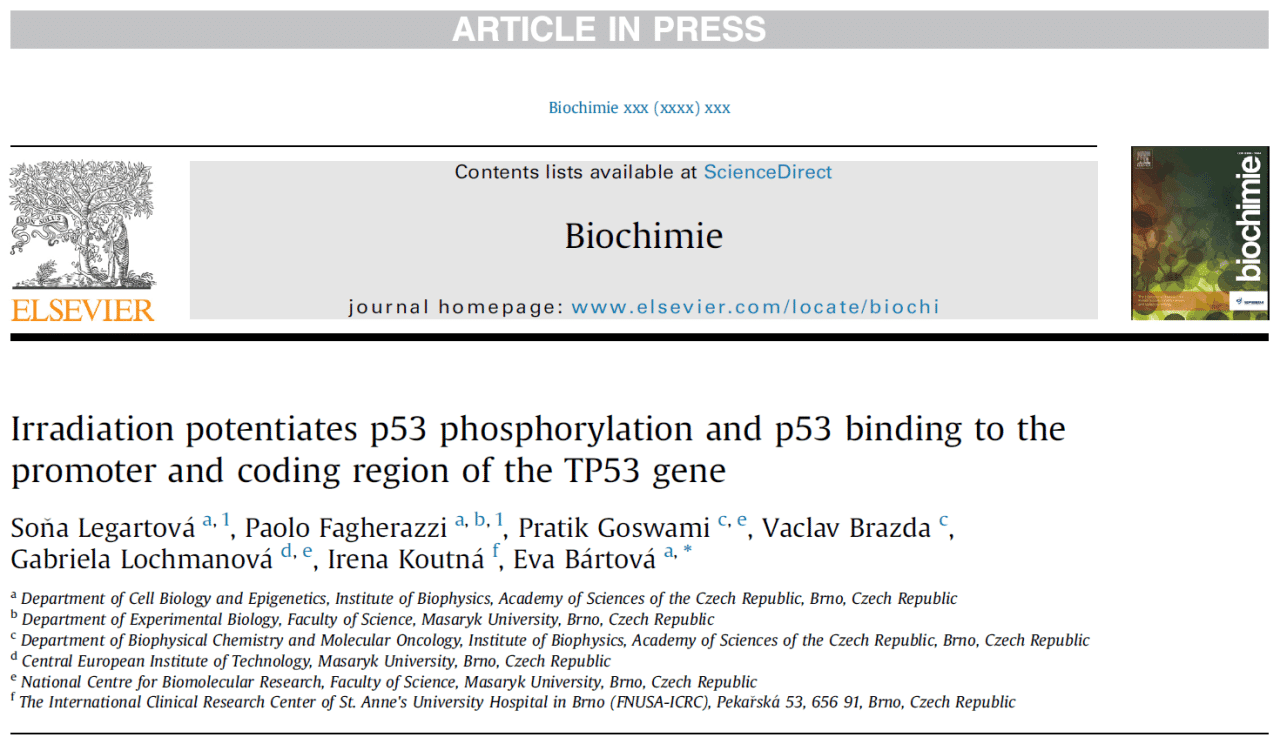January 2024
Our colleague Dr. Hana Polasek-Sedlackova receives a prestigious EMBO Installation Grant
Up to two-thirds of all cancers arise due to errors that occur during DNA replication. Dr. Hana Polasek-Sedlackova and her team have dedicated their research efforts to studying this phenomenon. Recently, they were awarded the prestigious EMBO Installation grant, which will enable them to explore the molecular mechanisms that guarantee accurate DNA replication.
EMBO grant recipients will receive annual financial support of €50,000 and a generous benefits package for the entire research group, including networking, mentoring, and training activities offered by EMBO.
Congratulations to Dr. Polasek-Sedlackova and her team!
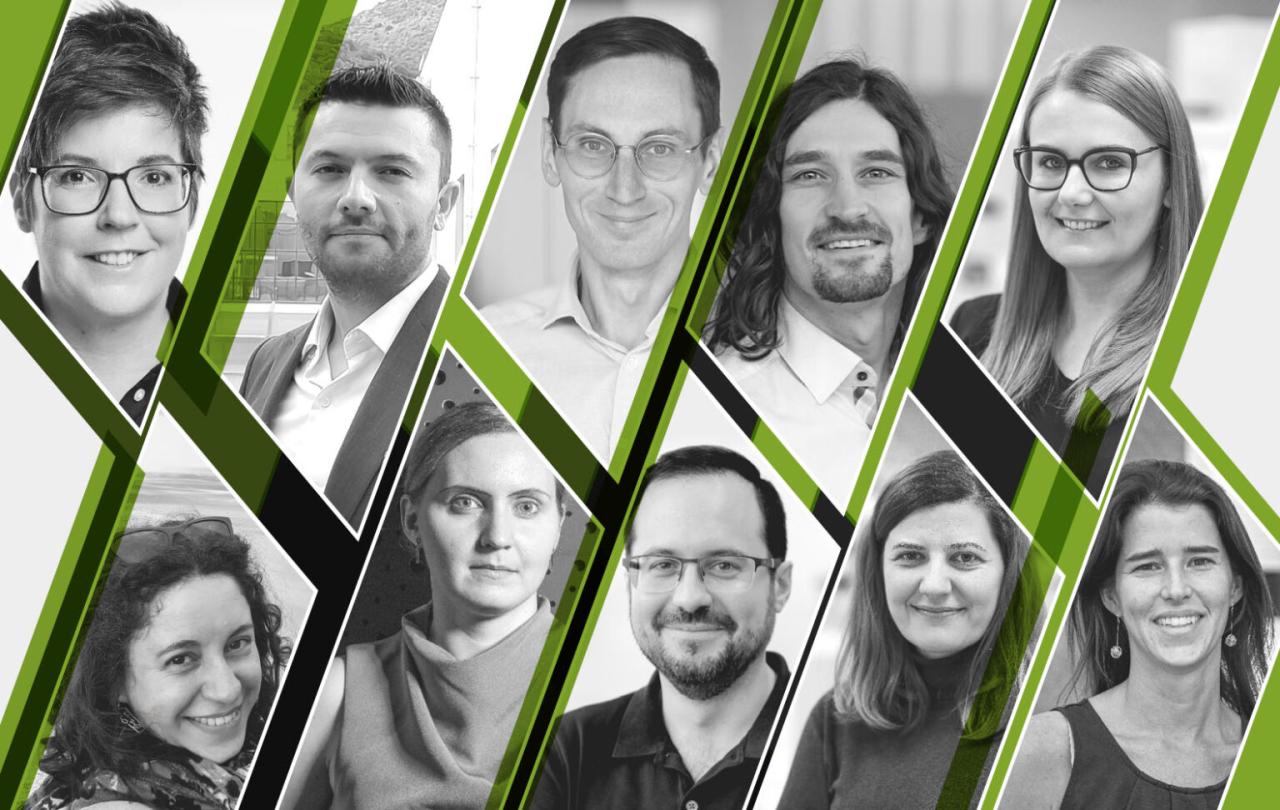
July 2023
Cell differentiation and aging lead to up-regulation of FTO, while the ALKBH5 protein level was stable during aging but up-regulated during in vitro-induced cardiomyogenesis
Jana Krejčí, Orazio Angelo Arcidiacono, Radim Čegan, Katarzyna Radaszkiewicz, Jiří Pacherník, Jan Pirk, Martin Pešl, Petr Filaand Eva Bártová
V srpnu 2023 vyjde v časopise Physiological Research práce Krejčí et al. V této práci jsme studovali funkci dvou proteinů demetylujících RNA. Zjistili jsme, že v porovnání s proteinem ALKBH5, prochází hladina proteinu FTO daleko významnějšími změnami během buněčné diferenciace a stárnutí. Dospěli jsme k závěru, že během stárnutí a diferenciace buněk do cardiomyocytů je methylace RNA v pozici m6A pravděpodobně regulována preferenční demetylujícím proteinem FTO.
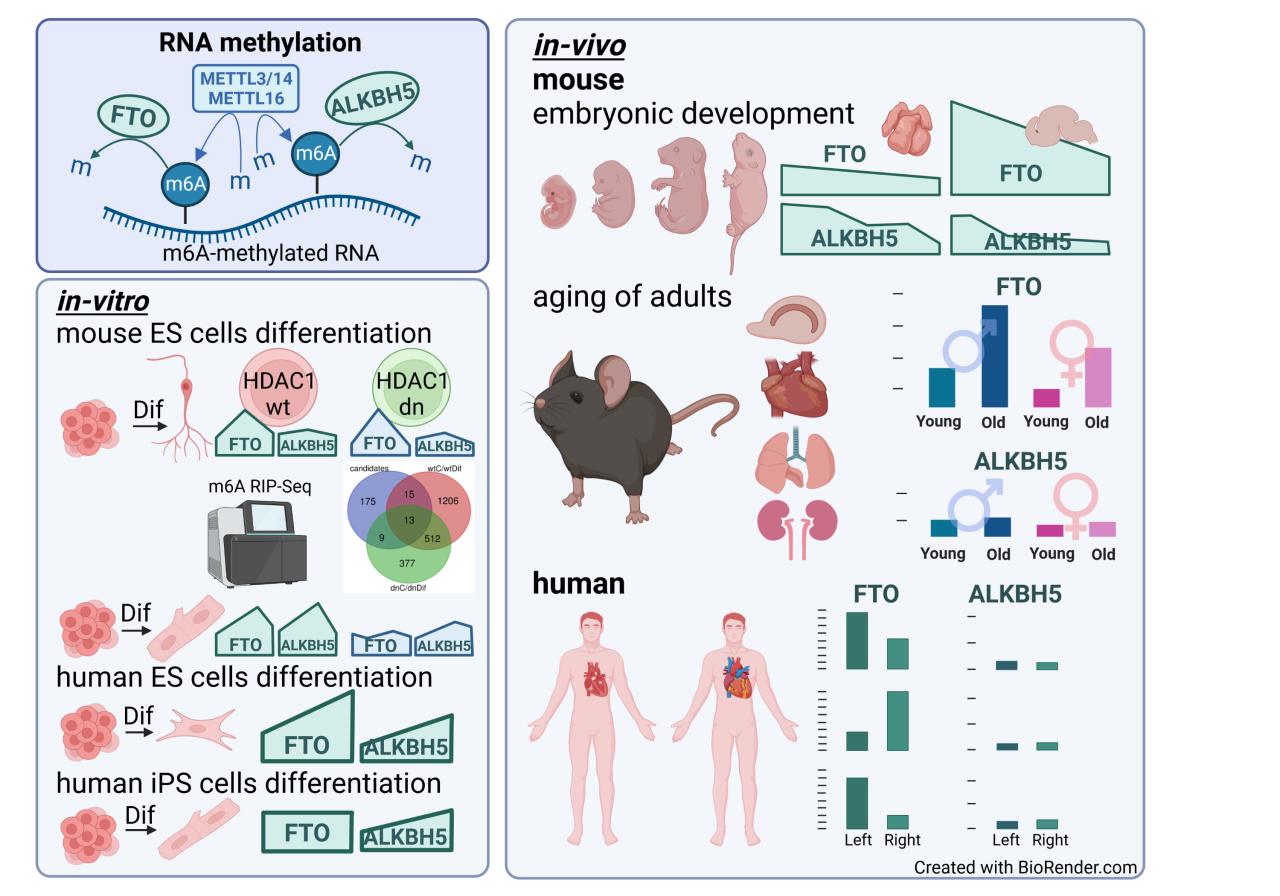
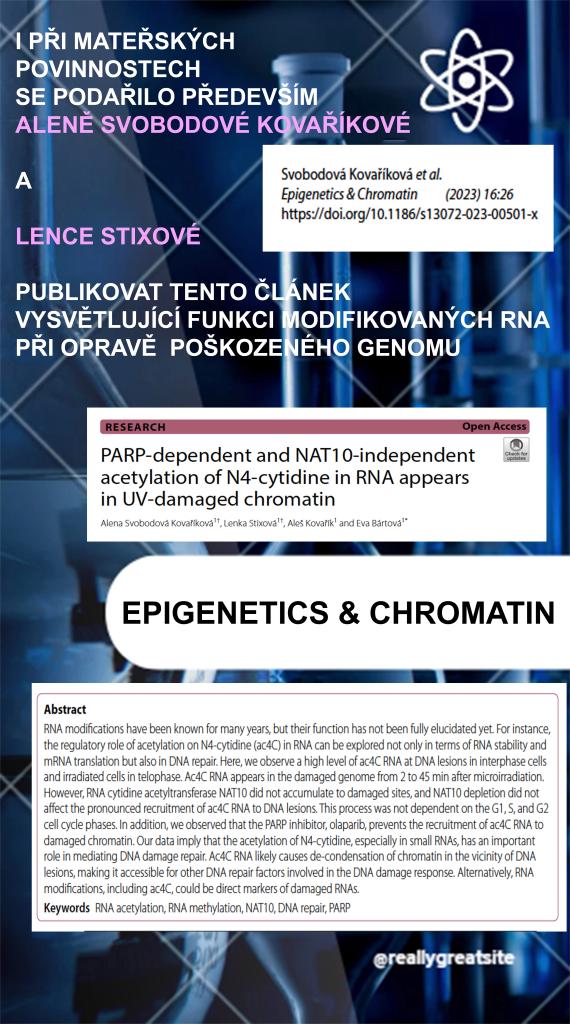
November 2022
Department of Cell Biology and Epigenetics is inviting to the lecture of Dr. Lukáš Čermák (Laboratory of Cancer Biology, Institute of Molecular Genetics of the Czech Academy of Sciences, Prague).
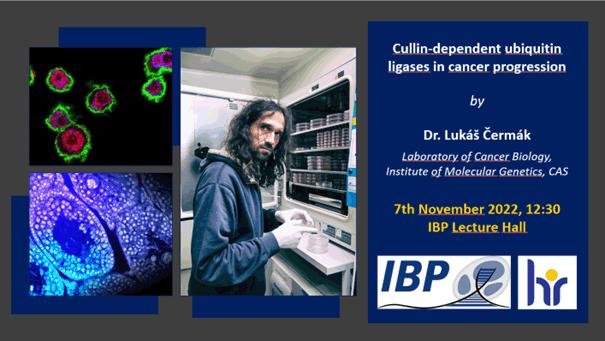
October 2022
For several decades, the MCM2-7, the core of the replicative helicase, had never been visualized at DNA replication sites inside a cell, also known as the MCM paradox. Scientists from the Institute of Biophysics of the Czech Academy of Sciences and the University of Copenhagen revisit the mysterious MCM paradox, and their study published last week in Nature Communications solves this puzzling conundrum by CRISPR-Cas9 genome editing. These findings enable visualization of replication dynamics in living cells and open new avenues for understanding the molecular basis of serious human health diseases, such as cancer. Read more about the story here.
A graphical summary clarifying the MCM paradox.
September 2022
